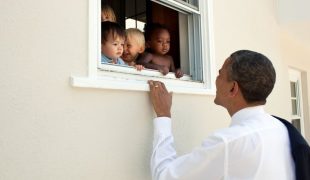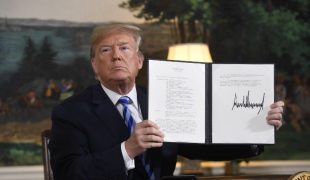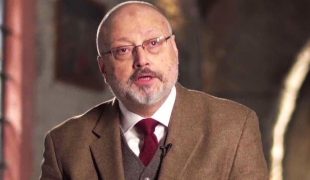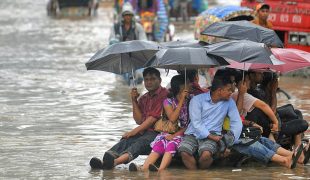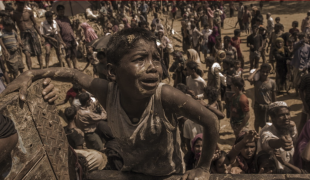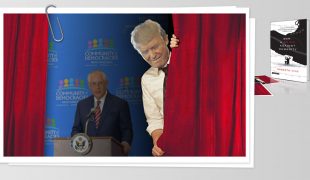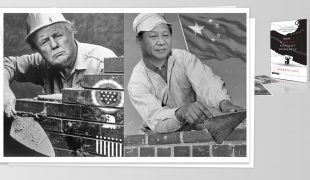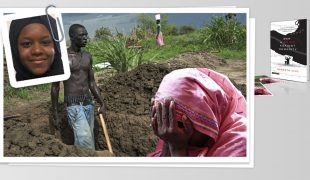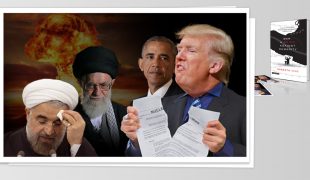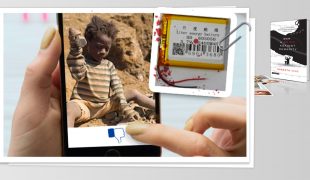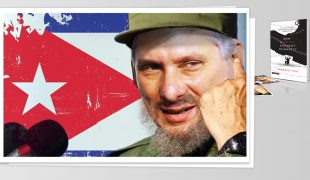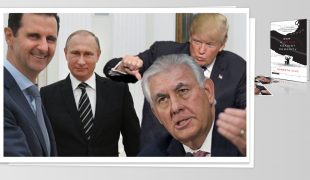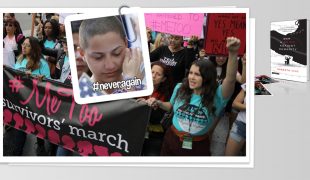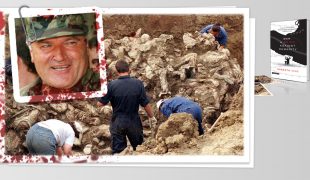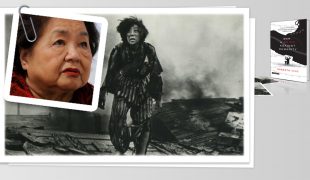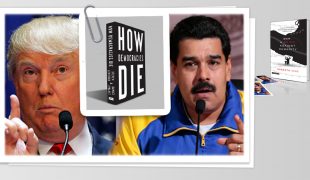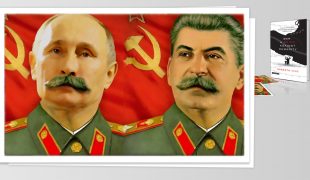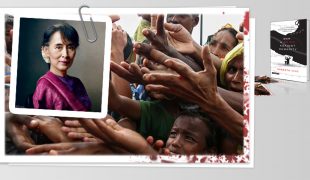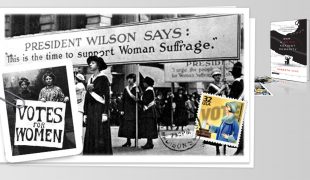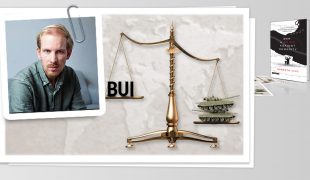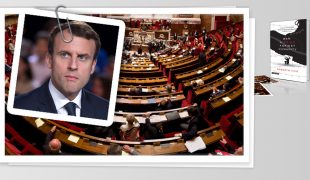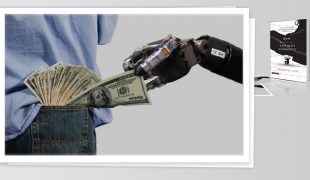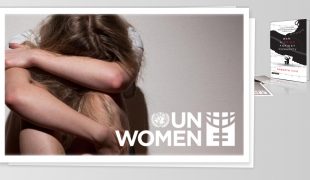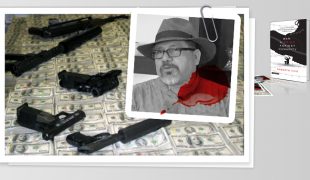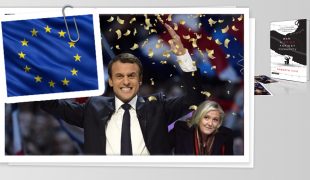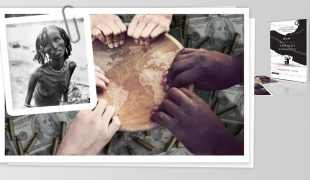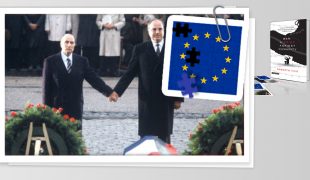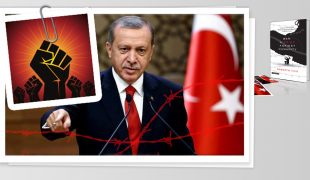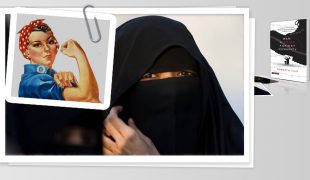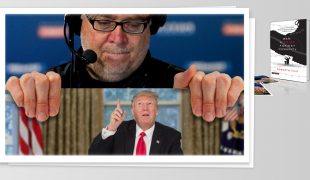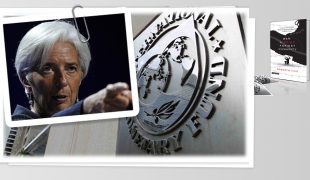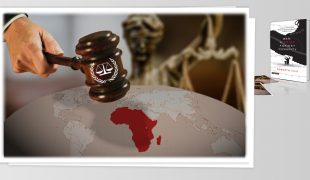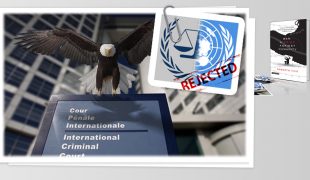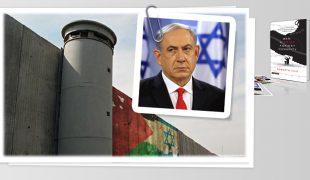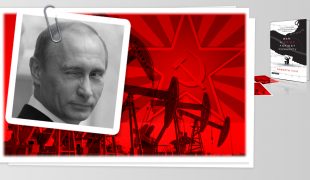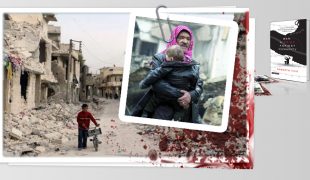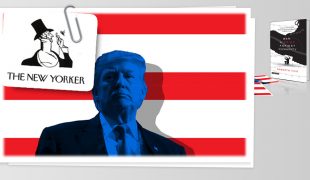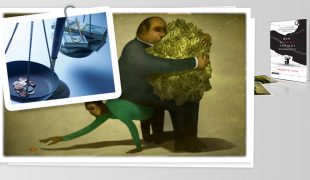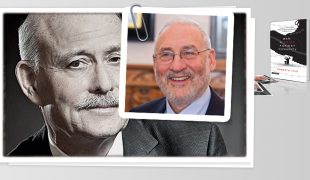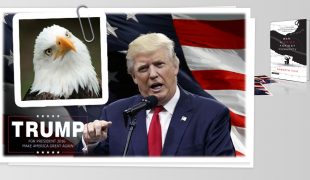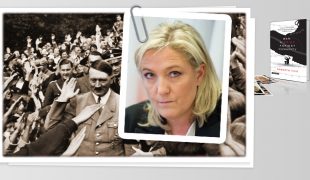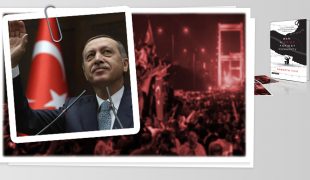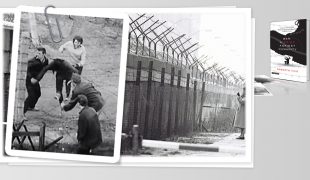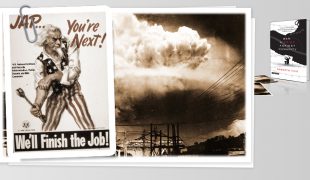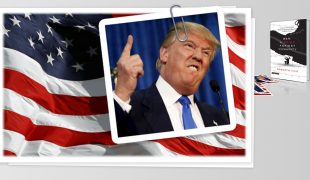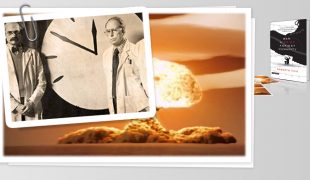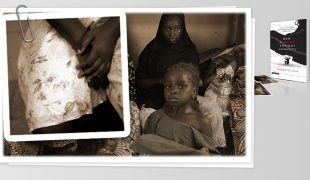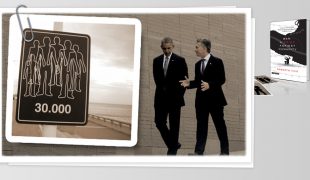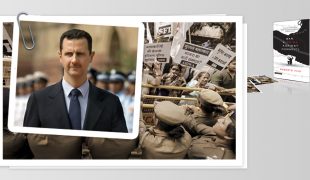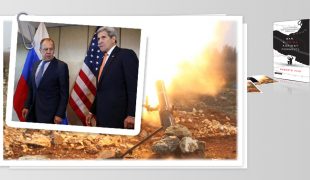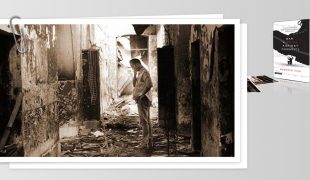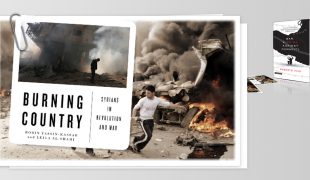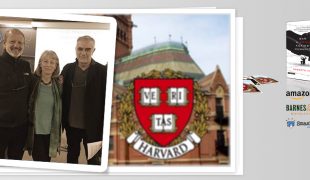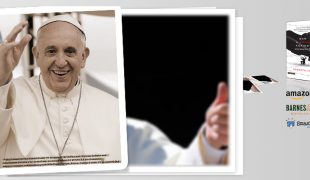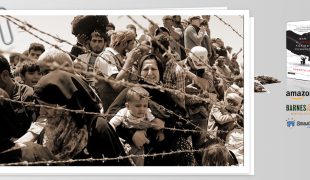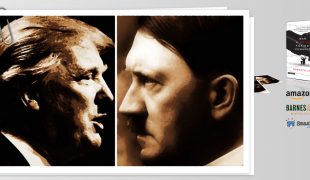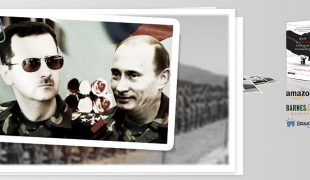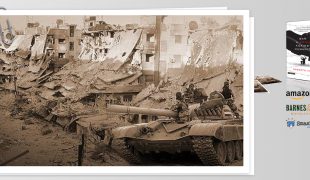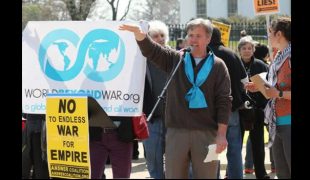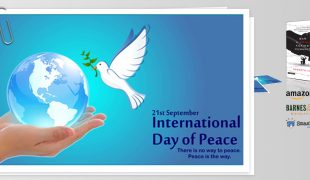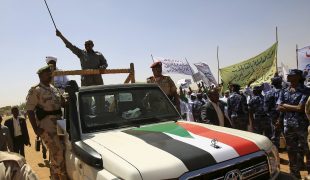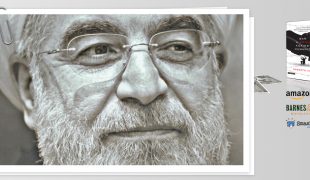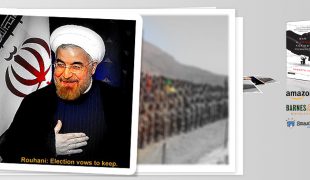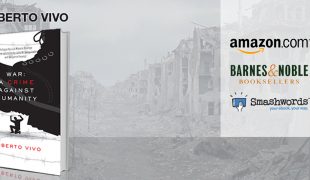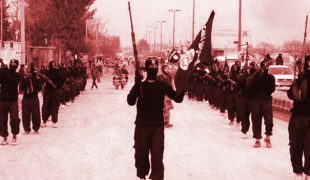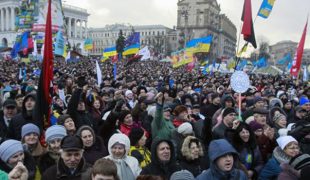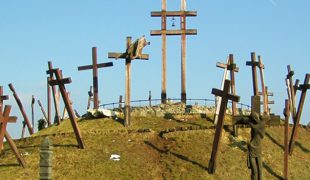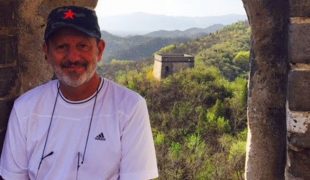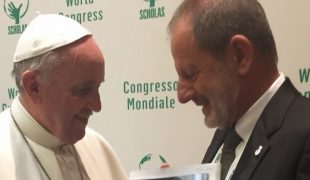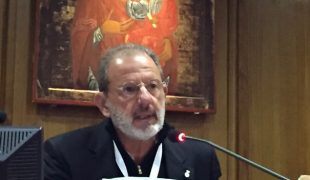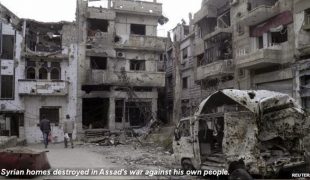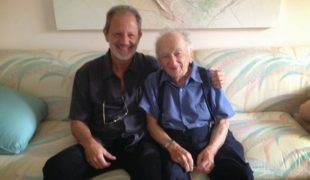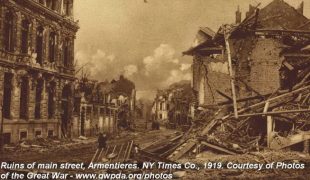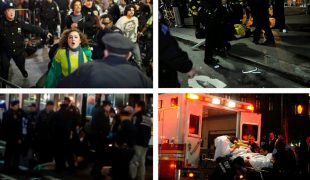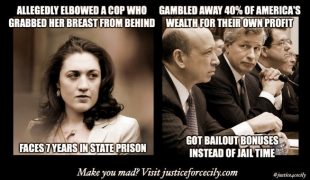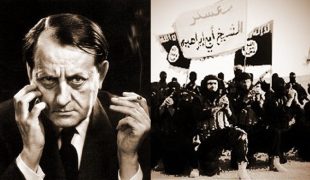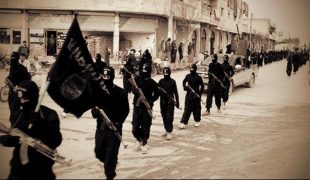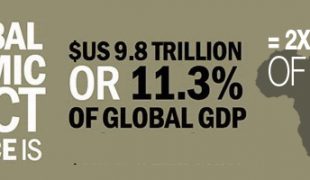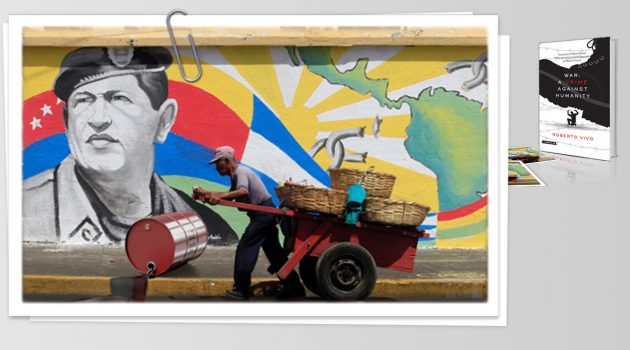
Venezuela—From Rising Star to Shooting Star
Since its independence in the early 1800s, Venezuela has had, like many of its South American neighbors, a checkered history of pendulum swings between democracy and despotism. Also like many of its neighbors, however, it has had a history of democratic vocation that has led its people to repeatedly seek a resurgence of democratic vigor every time authoritarianism has reared its head.
But unlike other major democracies in the region, petroleum-rich Venezuela is currently experiencing a deepening autocratic trend that has not only accompanied but also fueled the economic and social crisis set off in that country by a worldwide nose-dive in crude prices since 2014. In this sense, the greatest threat to Venezuelan democracy has been the lack of diversity of its economy. But both the boom and bust in oil revenues has played into the hands of that nation’s self-style “Bolivarian” authoritarians, in the first case permitting the implementation of far left populist distributionism and in the second providing an excuse for imposing draconian anti-democratic measures to violently quell the outrage stemming from a crippling economic crisis underscoring the plight of a people who have lost not only their financial well-being, but also their voice and vote.
Venezuela is no stranger to political intrigue and autocratic designs. In 1899, Cipriano Castro would seize power by marching an army under the command of his friend, General Juan Vicente Gómez, into the capital of Caracas from the Andean state of Táchira. And he would manage to hang onto power for almost a decade despite civil strife and international blockades, until he went off to Germany for medical treatment in 1908, only to be replaced while he was gone by his erstwhile partner in sedition, General Gómez.
Gómez ruled the country, one way or another, for the next 27 years, managing an appearance of democracy by being elected president three times during that period, but going ahead and running the country anyway, even during the times when he didn’t enjoy the benefit of democratic approval.
Even back then, Venezuelan politics and power were inextricably linked to petroleum. The initial discovery of Venezuela’s enormous oil deposits provided Gómez with the wealth and power he required to strictly centralize government and intimidate any and all opposition. And this authoritarian centralization continued for some years after Gómez’s death in office, under the government of Eleazar López Contreras.
It wasn’t until 1941 that this long period of dictatorial rule began to change, with the inauguration of the Isaías Medina Angarita government. Medina Angarita transitioned the country away from, but not completely out of authoritarianism by generally legalizing political activity. But he himself ended up being overthrown in a civilian-military coup in 1945, which initiated a fleeting attempt to spark democratic rule in Venezuela, under the new president, Rómulo Betancourt, and best represented by what are believed to have been the first free and proper elections in the country’s history, held in 1947. As a result of those elections, Betancourt was replaced by President Rómulo Gallegos. But Gallegos wouldn’t make it through the following year, when he was overthrown by his own Defense Minister Carlos Delgado Chalbaud and a military junta headed up by General Marcos Pérez Jiménez.
Two years later, in 1950, Delgado Chalbaud would be killed in a kidnap attempt gone bad, which Pérez Jiménez was suspected of organizing. Others suspected Venezuelan rebel leader Rafael Simón Urbina, who, shortly after Delgado Chalbaud’s death was captured and summarily executed by government forces. In any case, the way was cleared for Pérez Jiménez to continue to rule the country until 1958, during which time, in an apparent attempt to legitimize the authoritarian government, elections would be held (1952). The military leader was widely tipped to win. When he didn’t, he merely ignored the election results and remained in office.
But Venezuela’s vocation for democracy would again win out and in 1958, Pérez Jiménez was forced to resign. All major political parties (except the Communists) would sign a pact to consolidate democracy. As a result, the Christian Democrats (COPEI) and the Democratic Action Party became the two main political players in the consolidation of Venezuelan democracy for the following four decades. In keeping with other South American countries during the 1960s, Venezuela’s democracy was to suffer the effects of armed terrorism at the hands of the Armed Forces of National Liberation and the Revolutionary Leftist Movement (a spin-off of Democratic Action), but democracy was even able to negotiate guerrilla disarmament, under the administration of Christian Democrat Rafael Caldera (1969-1974).
Caldera’s successor, Carlos Andrés Pérez (1974-1979), was able to enjoy the benefits of what was known in the highly industrialized world as an “oil crisis” but which was a veritable boom for petroleum-producing countries, since crude prices soared to record levels. This meant that Pérez was able to vastly increase public spending as petro-dollars rolled into the almost exclusively oil-dependent Venezuelan economy and count a global situation as a personal success. But the administrations that followed (presidents Luis Herrera Campins and Jaime Lusinchi) had to face just the opposite—the plummeting oil prices of the 1980s, that would bring currency devaluation and a collapse in the standard of living that Venezuelans had enjoyed thanks to the oil price boom.
Those who fondly recalled the glory days of the administration of Andrés Pérez from a decade before, re-elected him as president in 1988. But the situation was too far gone to pull the country back from the brink and in an economy in which no government had ever introduced successful measures to diversify beyond Venezuela’s enormous oil resources, little could be done but to ride out the worldwide decline in oil revenues. Socially, this signified a crippled economy in which average Venezuelans were being plunged into poverty, sparking a series of riots known as the “Caracazo” in which scores of Venezuelans died. As usual, it was the common people who paid for the lack of government foresight and its stubborn and ill-advised willingness to let an entire nation depend almost exclusively on oil sales for its survival.
Twice at the height of the crisis, in 1992, a group of military officers would lead coups to attempt to overthrow the Pérez government. Enter Hugo Chávez, a major leader in the revolts, who was eventually arrested.
Deterioration of the social situation and increasing charges of government corruption led to the impeachment of Andrés Pérez in 1993. The following year, then-President Rafael Caldera would hand Hugo Chávez a presidential pardon and fully reinstate his political rights, thus providing Comandante Chávez with a kind of hero’s welcome back into Venezuelan society—of which he would take full advantage.
Ironically, Chávez’s regime was to benefit from the same sort of world petroleum price boom that Pérez’s first government had enjoyed. As such, the politically savvy Chávez saw his chance to launch a populist campaign supposedly rooted in democratic socialism but, in fact, no more “socialist” or “democratic” than the nearly 60-year autocratic Castro regime in Cuba, for which Chávez openly and often expressed his admiration.
In a country ravaged by yet another oil-price crisis, people lost confidence in Venezuela’s traditional parties and the flamboyant Chávez was elected to the presidency in 1998. He touted himself as the “founder of the fifth republic” and as the supreme leader of the “Bolivarian Revolution”, thus seeking to link his name and his actions to those of the 19th-century hero-liberator of the Spanish American wars of independence, Simón Bolívar. The ostensible goal of Chávez’s “revolution” was to build a popular democracy (self-described as Bolivarianism), to establish Venezuela’s economic independence (a tall order for a strictly petroleum-based economy) to promote equitable distribution of revenues, and to root out government corruption. The populist language employed in promoting this discourse was very like that used by the Castro regime in Cuba and lashed out at the same “enemies”, a short list headed up by the United States (which, despite the rhetoric, was and remains a major importer of Venezuelan sweet crude).
Chávez lost no time implementing major changes aimed at consolidating his power. Already in 1999, he had a Constituent Assembly writing a new Constitution. Simultaneously, he initiated what he called “Bolivarian missions”, which were government programs to address poverty through distributionism. These last measures served him well in 2002, when he was removed from office by a coup, only to be returned to power a couple of days later by segments of the military that were loyal to him, backed by mass demonstrations organized among some of the poorest of Venezuela’s citizens. He also weathered a two-month general strike the following year that ended up costing the country’s all-powerful oil industry 13 billion dollars and hammering the GDP. In response, he slapped on currency controls that would remain in place for the next decade.
But as the price of crude plummeted once more toward the end of Chávez’s reign, these arbitrary measures rendered prohibitive the imports that the country needed to survive. Chávez continued to use nationalized oil revenues to carry out his Bolivarian “social engineering” project, but this began to take its toll on reinvestment in the industry that is practically the only life source for the country.
Chávez was re-elected to a third term in late 2012, but ended up never serving it. He was diagnosed with a rampant form of cancer and died in early March of the following year, ending a highly controversial 13-year run. By that time, populist distributionism and a fresh downtrend in oil prices were beginning to take their toll on the Venezuelan economy. In fact, crude prices peaked at more than 120 dollars a barrel at just about the time of Chávez’s death, before initiating a decline and, finally, an abysmal slump over the course of the next few years, bottoming out in 2015 at under 30 dollars a barrel and, although rising to half of their peak level, never fully recovering.
This was the reality inherited by Chávez’s successor and former vice-president, Nicolás Maduro, a man with none of Chávez’s popular charisma or political savvy—but with all of his dictatorial designs—whose limitations as a leader have been apparent from the outset. A wiser man would have read the signs and immediately moved to foster a democratic opening in which every political party and proponent would have been invited to join the process of re-establishing a proper democratic framework in which to begin the hard work of finding practical and consensual solutions to Venezuela’s obviously enormous problems. But Maduro has obtusely and tragically chosen to do just the opposite.
Since 2014, Maduro’s government has been plagued by protests and mass demonstrations, to which he had reacted with increasing violence. The causes behind the protests are clearly legitimate. Many people in Venezuela are so affected by the economic crisis and shortages resulting from ineffective and/or arbitrary and draconian austerity measures imposed by the government that they are literally starving. The Maduro regime has reacted by withdrawing into itself and clamping even more authoritarian restrictions on Venezuelans, suspending individual and political rights guaranteed under the Constitution and imposing de facto martial law in which abuse and severe repression are common denominators.
At least 124 people have been fatal victims of government repression, but there is reason to believe that this number may only be the tip of the iceberg. Global human rights advocacy organizations such as Amnesty International and Human Rights Watch report widespread torture and clandestine arrests under the Maduro government. The stories of abuse by police and the Venezuelan National Guard that such NGOs have documented to date are utterly harrowing.
The “evolution” of the Maduro regime is the classic progression when democracies are infected by nationalist populism. They may maintain a veneer of “democratic” fervor as long as the economy can survive their autocratic disregard for any interests but those of the ruling class and the corruption and cronyism that are usually inherent in them. But they all become rabid dictatorships when reality catches up to rhetoric and when distributionism leads to the point at which there are no longer any resources to distribute.
When this happens, and populist pretense is finally overshadowed by the necessarily violent, repressive and dictatorial measures it takes for the autocratic elite to continue to keep even the most tenuous grasp on political power, it is only a matter of time before such governments crash and burn. The problem is that they quite often take an entire nation with them.
These things never end well and all too often serve as a catalyst to plunge the country affected into long periods of instability, political chaos and widespread violence. It can only be hoped that whenever and however the current regime in Venezuela ends, the democratic vocation of the Venezuelan people will be resurrected and lead them away from division and toward a consensual solution and a fresh start for a nation that for far too long has been steered away from the kind of diversity and progress capable of providing it with the prosperous, pluralistic and peaceful future that it deserves.

